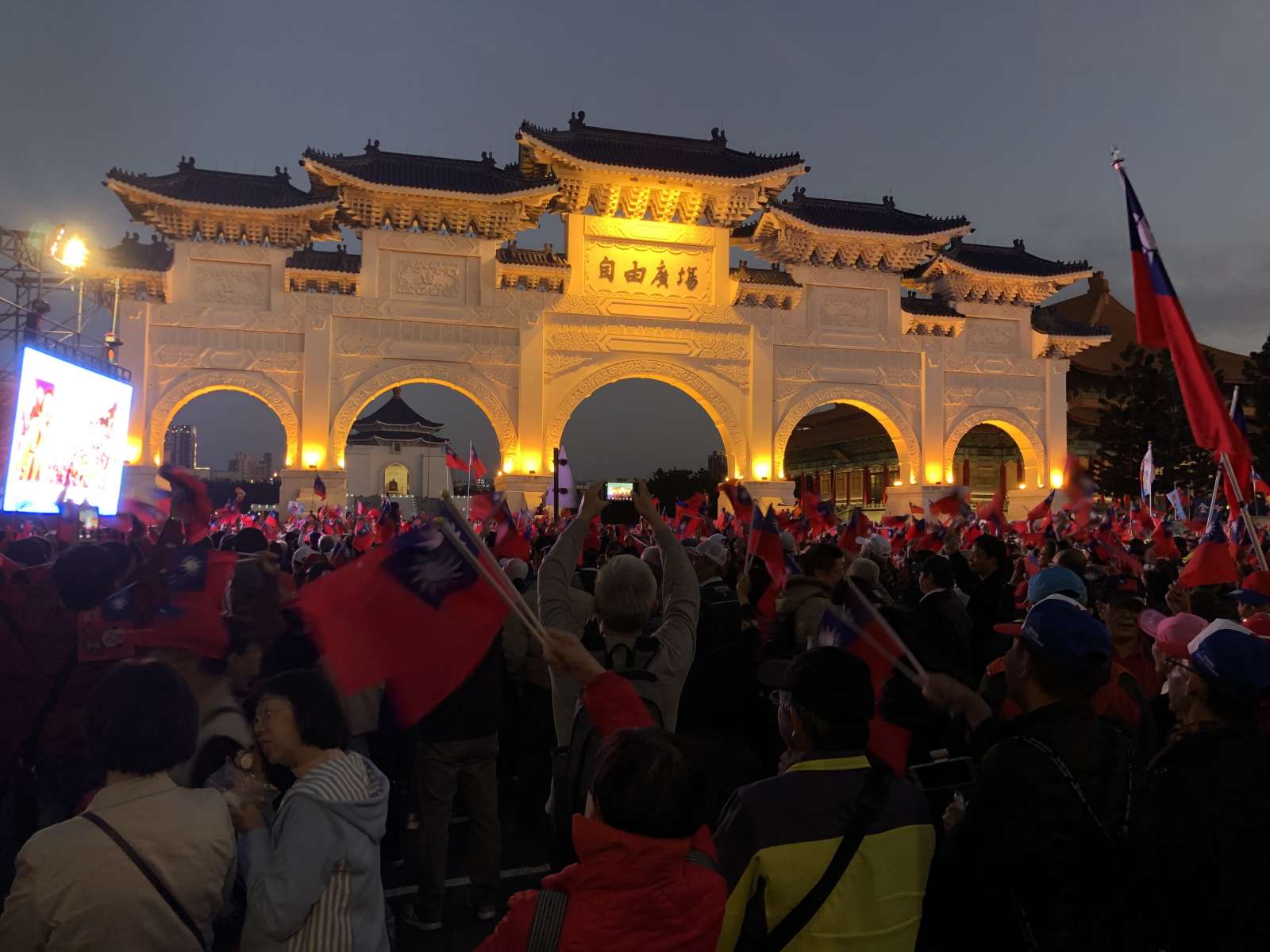
SHARE
ISSUES
What do you do when your favorite uncle shares a news article from a questionable source with claims that you know are untrue or distorted? Would you take the time to find a reputable article on the topic and hope he reads it? Or, do you prefer to shake your head, disengage and mute the family text group?
This has become an all too familiar scenario for many around the world, and in most places, there isn’t a clear solution. In Taiwan, however, you can use the Cofacts Line bot. In the popular messaging app Line, people can now send a suspicious article to the chatbot, which will run it against a comprehensive repository of flagged content fact-checked by humans. The bot then informs the sender on the veracity of the content. In the span of a few seconds, your favorite uncle’s article has now been “fact-checked.”
In Taiwan, civic tech solutions like the Cofact Line bot have become commonplace as false and untrustworthy articles proliferate through news feeds and group chats -- especially during an election period. In fact, Taiwan is no stranger to foreign influence operations aiming to divide its information space, instill distrust of its institutions and press a thumb on its electoral scales. As outlined in NDI’s recent documentary “Canary in a Digital Coal Mine,” organizations like g0v, and others in civil society and government have responded by developing tools to address these threats. As democracies around the world confront the reality of foreign-generated disinformation, Taiwan’s defense against “fake news” during the 2020 general election, and more recently amid the COVID-19 pandemic, is a model worthy of emulation.
Why has Taiwan been so successful countering disinformation? To start, the foundations of Taiwan’s democracy are strong: there have been three peaceful power transitions between rival parties; the media environment, while certainly polarized, remains free; and civil society actively works to increase transparency and accountability. Taiwan's success is also due to the unique partnership between government and technology-oriented activists in the civic tech community, a community focused on using technology to enhance the relationship between citizens and government. In Taiwan, democracy and technology developed alongside each other, which created a political culture that fosters the kind of cooperation, innovation, and rapid response needed to combat disinformation.
Foreign-produced disinformation typically declines after an election. However, just as Taiwan began to take a collective sigh of relief after its elections, the civic tech community quickly had to confront a new threat: disinformation about the COVID-19 pandemic. While Taiwan’s Ministry of Health and Welfare and public health organizations tackled the spread of the virus, the civic tech community, again in partnership with the government, was able to deftly deploy similar tools as during the election to counter disinformation surrounding the crisis.
During an NDI webinar, co-hosted with the Institute for Data, Democracy and Politics at the George Washington University, Taiwan’s “Digital” Minister Audrey Tang discussed Taiwan’s current “fast, fair, and fun” strategy to counter COVID-19 disinformation:
-
To capture a broader audience, the government is posting corrections that are informative and entertaining, using “humor over rumor.”
-
With the help of Taiwan’s open and collaborative civil society, the government is quickly collecting and disseminating necessary data and information.
-
The government is entrusting citizens with open data to expand access to medical resources. This access has fostered the creation of tools, including maps, apps, chatbots and voice assistants, to help the public find pharmacies and masks.
While there’s no universal or quick solution to the growing threat of disinformation, increasing collaboration between civil society and government is a foundational first step. The strategies used by Taiwan in maintaining information integrity, both during its recent elections and amid the COVID-19 crisis, have rightfully received international recognition. NDI, through its INFO/tegrity programming, will continue to support Taiwan’s civic tech community in telling its story and sharing its tools to partners across the region and world.
Authors: Maeve Whelan-Wuest is the Senior Program Officer for the National Democratic Institute's Asia team. Victoria Welborn is the Technology and Innovation Program Manager at the National Democratic Institute.


